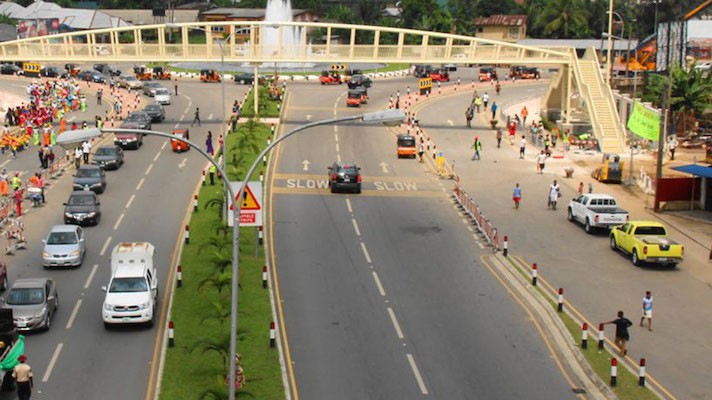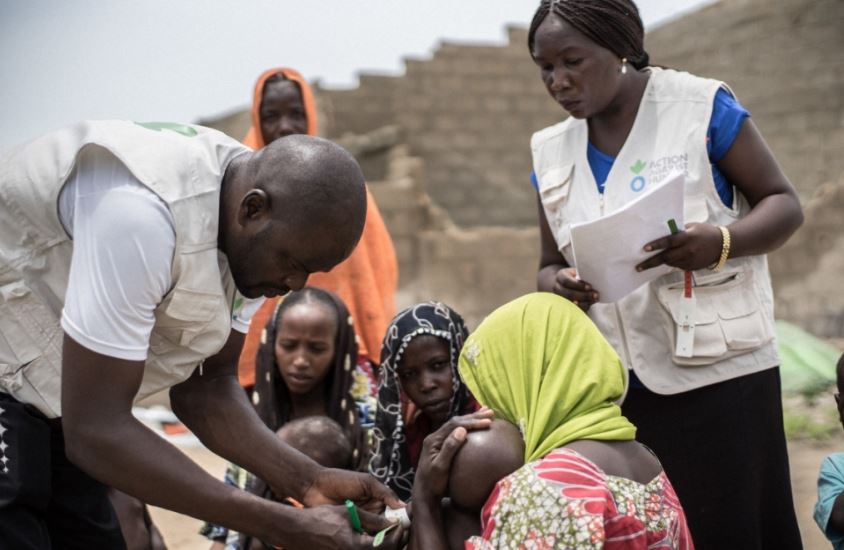About four decades after its creation, Akwa Ibom state urgently requires its first-ever long-term development plan with a lifespan of 40 years, broken into four-year medium-term goals and designed in such a way that the whole state would be developed in a coordinated, systematical and well-planned fashion.
Governor Umo Eno should put together a committee of eminent engineers; city planners, development economists and strategic thinkers from various walks of life with commensurate exposure and experience to design such a plan for the state, after which it should be adopted by a cross-section of the people and enacted into law.
Legislating the plan into law means that its implementation would be binding to all the succeeding administrations till 2064. The fact that the plan shall have four-year medium plans built into it means that each governor, including the incumbent, shall run his or her administration and the yearly budgets based strictly on the provisions of the plan. This will put an end to the past behaviours when a governor would attend a wedding in a village and announce, out of excitement, ‘’I shall dualize the road to this village tomorrow. Where is my commissioner for works?’’. The 40-year development plan shall have no room for such a whimsical arbitrariness.
Akwa Ibom has grown rapidly, especially in terms of physical infrastructure, in the last two decades. It is the first state in Africa to establish and manage its own airline which has become the nation’s major carrier. The state owns and runs a modern airport and is building the first-of-its-kind MRO in West Africa (only Egypt and South Africa have a similar facility in size and sophistication).
Advertisement
There is also a modern football stadium as well as good medical facilities; two five-star hotels and a golf resort. We have the second-best road network in the federation after the FCT. The state is blessed with the longest beachfront in the country and very green, lush and arable land. In terms of security, Akwa Ibom is one of the most peaceful and safest states in the country.
These facilities, I am afraid, were not built in a well-coordinated manner although they have all fit perfectly well into the state’s overall developmental needs. It is therefore time to codify the overall assets, resources, potentials, topography, vegetation and developmental trajectory of the state in the next four decades into a long-term development plan that would be implemented religiously by the next three governors in such a manner that the whole state becomes one modern big city.
The 40-year plan will therefore detail out our developmental focus on important sectors like infrastructure; health; education; agriculture; tourism and recreation and industrial development. It will point out residential areas; shopping areas; recreational areas; agricultural areas; industrial areas; power plants; sewage plants; cemeteries, etc.
Advertisement
In other words, the strategic plan will define for us what Akwa Ibom should be known for and how we can grow along those lines. Should we be the tourism and recreation capital of Nigeria or should we focus on industrialisation; commerce and distributive trade; and agriculture? What is our comparative advantage and how can we leverage that in the next 40 years?
A development plan is simply an ambitious and deliberately planned set of goals that may take a substantial period of time to achieve but is designed to provide a strategic direction for the state’s developmental endeavours.
Lagos state is notable for its well-designed and well-implemented long-term development plan in Nigeria. It is one of the few states that has embarked on well-articulated long-term development planning and has adopted a comprehensive Lagos State Development Plan (LSDP) 2022-2052, building upon the foundations of a predecessor, LSDP 2012-2025. The LSDP 2022-2052 is a 30-year vision that aims to establish it as Africa’s model mega city and a global economic and financial hub by 2052. Other states like Kaduna and the North Eastern states of Adamawa; Gombe; Yobe; Borno and Bauchi have also developed their own plans. North Eastern States Transformation Strategy (NESTS) is the first comprehensive, medium-term development plan for the six states.
Some states are approaching long-term development on a sectoral basis. There is the Edo State Basic Education Sector Transformation (EdoBEST) program driving investment in that area while Gombe state is making commendable achievements in health and education, leading to improved outcomes in these sectors. There is also the Gombe State Development Plan (GSDP) 2021-2030, which is aligned with the SDGs.
Advertisement
There was a feeble attempt some 13 years ago by the South-South states to implement a regional developmental agenda. The governors set up a body known as the BRACED Commission (BRACED being an acronym for the six states), but it was short-lived, no thanks to immature politics, ego and lack of foresight.
At the national level, there have been several national development plans for the country since independence. These include the first four National Development Plans (1962-1985); the National Economic Empowerment and Development Strategy (2004-2007); the Vision 20:2020 and National Transformation Agenda (2010-2020); the Economic Recovery and Growth Plan (ERGP) 2017-2020; the National Development Plan (NDP) 2021-2025 and Nigeria Agenda 2050. We can debate the success rates of these plans, but there’s no doubt about the importance of long-term planning. This is why I am calling on Gov. Umo Eno to take the first steps today in initiating the development of a long-term plan for Akwa Ibom state. Future generations of our people will remember him as the leader with a vision.
Views expressed by contributors are strictly personal and not of TheCable.
Add a comment








